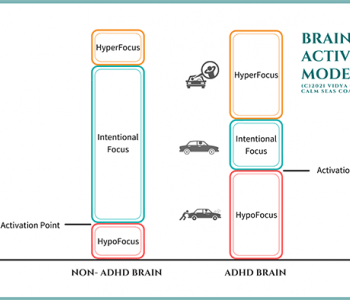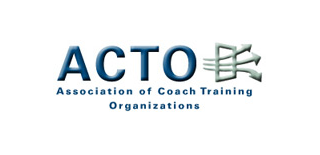
Build Back Your Child’s Social Skills in 7 Steps
by Caroline Maguire as seen in ADDitude MagazineADDCA In The News | ADHD Education | Coaches in Action
“Lack of practice, lagging maturity, fewer social models, and weak executive functions mean that children with ADHD are struggling. Now is the time to provide extra support to build back emotional skills. The good news is that, like any other skill, these skills can be taught and improved.”
Have you watched your child with ADHD interact with peers and wondered why they can’t drop the joke after it stopped making their friends laugh? Become too silly for too long, take over the game, and tell friends what to do and when to do it? Get into others’ space, talk at or poke friends over and over, or insist he is correct, regardless of whether it is true?
What Causes Poor Social Skills in Children with ADHD?
Some parents fear that if they don’t supervise, cajole, suggest alternatives, and remind their child not to say or do things, they will be destined to a life without friends.
Making and keeping friends is tough for some children with ADHD. While your child has strengths, it is the weak executive functions — the management system of the brain — that affect their social skills. These brain-based processes determine how they behave in social situations.
After a year of social distancing, children with ADHD may need to practice being together. A year without play dates has made social interactions more challenging for all children, especially those with ADHD. Lack of practice, lagging maturity, fewer social models, and weak executive functions mean that they are struggling. Now is the time to provide children with extra support to build back emotional skills.
How to Improve Social Skills in Children with ADHD
Determine the root cause of social ineptness and practice workarounds. What causes the most disruption? Does your child have difficulty sharing, managing emotions, engaging with a friend, handling excitement, or being flexible? Once you have identified the top one or two challenges, practice building skills in real-world situations.
- Beef up skills.
Children with executive function weaknesses often need direct instruction to help them learn to self-regulate, read the room, and stop interrupting. To help your child with social learning, demonstrate the desired skill or behavior, then engage in situations where she can practice this new skill. Engage in conversations, ask her to share with siblings, prompt her to interpret daily situations, so she can cultivate the skill and demonstrate it with a playmate.
If your child can’t manage her emotions when losing a game, play board games with her, and encourage her to use the soothing strategies you have taught her. Ask her to show you how she can allow family or friends to choose a game or a TV show. Talk about what flexible versus inflexible behavior looks like, and remind her to work on this social skill before the next play date. When your child is flexible and courteous, you can say, “Great job. I love it when you are like that.” - Assign your child a mission.
Choose one or two focused behaviors to practice during your child’s next play date. If your child has shown anger, explain that they can work on controlling their anger the next time they see a friend. As you head to the park, remind them that they have two missions: to share and to take a deep breath to calm himself. You and your child should choose a mission together for better chances of success. - Find compatible friends.
A friend whose temperament is similar to your child’s will help him to play better and to practice the target behaviors. But two bossy kids may lead to arguments. - Pre-plan the play date.
Timing is everything when it comes to play dates. Remember that one goal of the play date (besides having fun) is to give your child a chance to practice new skills. Set up the date for a time when your child is not hungry, tired, sick, or sad. Play dates that last over two hours usually lead to disaster, as this is too long to work on emerging skills. - Control the activities and environments.
Hosting the play date lets you remove the activities or toys that you know will cause problems. Choose an environment your child enjoys. Should you meet at your home or at a playground? A crowded park may be overstimulating, and that is not a good thing. - Create subtle cues.
Rather than intervening and embarrassing your child, set up cues or code words to remind him of his mission. You can agree ahead of time that when you bring juice boxes over, he should think of his mission. When you put a hand on his shoulder, it should remind him to share more. If you say something like “What are you going to play next?” he should remember to let his friend choose a game. You can make things fun and silly by picking a funny code word, like “clown.”
To read the entire article by Caroline Maguire, ADDCA;s Director of the Fundamentals of ADHD Coaching for Families Training, please visit ADDitude











